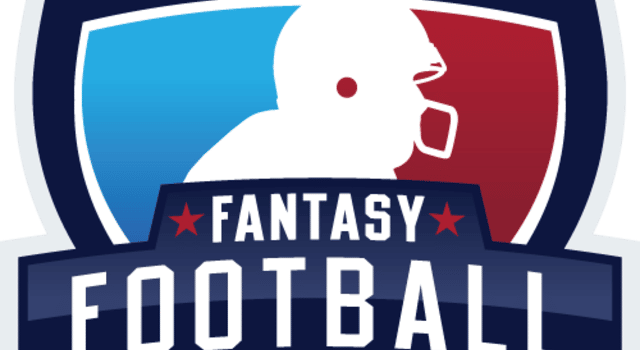
Inside the world of Fantasy Football
Sammy Dewey, Senior Writer
Courtesy of pixshark.com
Do you dream of managing a sports team with heavy influence in draft picks, trades, strategy and realistic scoring based on real life athletes’ performances? Then fantasy football is for you.
Focusing mostly on the NFL, fantasy football is a statistical game in which family, friends and co-workers play to compete against each other by managing their own separate team of players by position that are selected from various NFL teams.
NGU junior, Caleb Gunter, who has played fantasy football the past couple of years said, “I like the competition. I like pretending to be a general manager I guess. The main draw is competition and it could be money for leagues that have that as an option.”
Starting back in 1963, the very first fantasy draft took place in the rumpus room of Oakland Raiders businessman Wilfred Winkenbach’s home in Oakland, Calif. The first league was called Greater Oakland Professional Pigskin Prognosticators League (GOPPL) and consisted of eight members who are administrative affiliates of the then American Football League (AFL).
Since then it has grown immensely in popularity with the first ever public and free fantasy football league website launched in 1997 by CBS. Now many other companies offer fantasy football such as ESPN, Yahoo and Fox Sports. Some sites offer money-based fantasy football games like DraftKings and FanDuel.
Fantasy football league generally consists of around 10 teams. Whomever creates the league is the commissioner and must invite people to join and set up a draft time before the NFL season starts. Maximum roster sizes are usually up to 16 players.
Here’s an example of what a fantasy team roster would look like:
QB: Andy Dalton, Bengals
WR: Tavon Austin, Rams
WR: Donte Moncrief, Colts
WR: A.J. Green, Bengals
RB: Devonte Freeman, Falcons
RB: Mark Ingram, Saints
TE: Jimmy Graham, Seahawks
FLEX: Chris Johnson, Cardinals
K: Adam Vinatieri, Colts
DEF: Miami Dolphins
Bench: Doug Martin, RB, Buccaneers
Bench: T.J. Yeldon, RB, Jaguars
Bench: Cleveland Browns, DEF
Bench: Jarvis Landry, WR, Dolphins
Bench: Dez Bryant, WR, Cowboys
Bench: Ryan Tannehill, QB, Dolphins
Once teams are drafted, it’s time to play the game. Just like in the NFL, every week your team will be matched up randomly to go against another. Your team of chosen players will face off against the other players and earn points based on the players’ performance in the real games and receiving points will be based off of the position they play.
Players can be added or dropped at any time and can even be traded between other teams. Strategy is needed most on bye weeks or when a player gets injured.
Another fantasy football player and NGU alumni, Connor Lichtenfelt, said, “Really, I just play as a way to have fun. It also helps me keep up with the NFL, as I’m usually more of a college [football] fan. I wouldn’t do it for money, but as a free game to have fun with friends, why not?”
“I’d say one of the biggest draws is helping me be more informed about the league and all the teams, not just the particular team that I pull for,” Lichtenfelt added.
It’s estimated that today over 19 million people play online fantasy football nationally in both public and private leagues.

